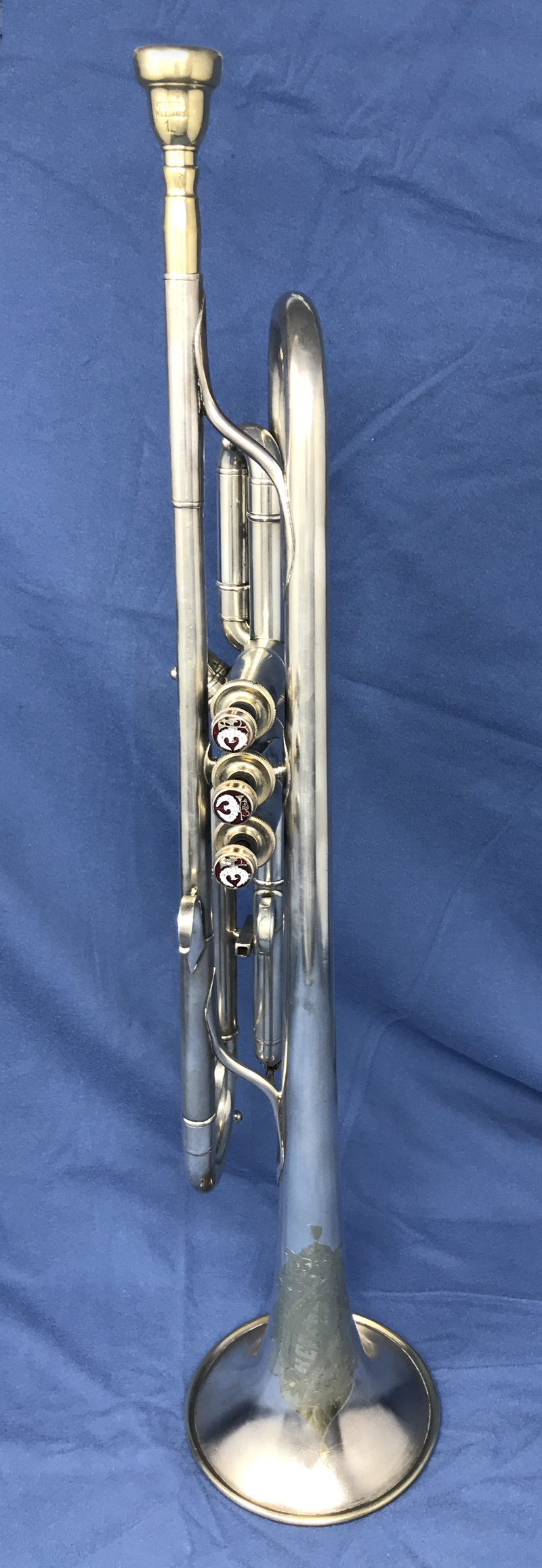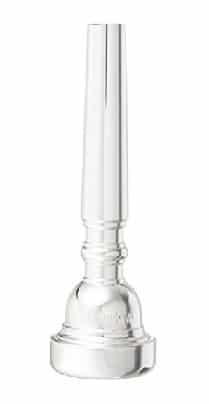
He’s great at that and because I have so many varied demands on my playing, my line of mouthpieces tends to have something for everyone. Finding the size and contour of his rims and cups was kind of like finding a pair of shoes that fits perfectly.

I’ve also owned a number of Blackburns over the years and they are fantastic as well! For mouthpieces, Peter has always been willing to work with players to find a great fit for their style and technical needs. I was already playing Yamaha trumpets when I met him and I’ve been playing them since I was 19. Well, I’ve known Peter for many years when he was just getting started in his garage! He is a great guy and a total pro. The privilege to play in the Minnesota Orchestra brass section with friends that inspire me.Ĭan you talk a little about the horns and mouthpieces that you play, and the process of working with Pickett Brass to find the right setup? Playing my own jazz compositions with the Minnesota Orchestra for the first time with Osmo Vänskä conducting. Playing My Spirit Be Joyful next to Rolf Smedvig in Empire Brass. Playing the Haydn Trumpet Concerto in Carnegie Hall with the NY String Orchestra. Playing the Britten St Edmunsbury Fanfare with Doc Severinsen and Bud Herseth. If I’m playing lead on a pops show, I practice a lot of soft low notes. If I’m playing 2nd trumpet in Beethoven one week, I do a lot of high note practice. I also practice the opposite of what I am performing on any given week. It’s way too easy to get stuck in open harmonics. I can work on my fundamentals of airflow and articulation while exploring harmonic ground.

Sometimes I substitute my usual Clarke or Vizzutti studies with the John McNeil Art of Jazz Trumpet studies. Monday= diminished day Tuesday= lydian dominant etc. I pick days where I focus on certain modes or patterns in my playing and incorporate that in my flow studies and arpeggio workouts. How do your practice routines need to change to reflect this? The biggest difference between my approach as I change styles is articualtion.
#Charles lazarus trumpet mouthpieces full
What are the challenges both musically and technically, adjusting to these changes?Īdvancing harmonically in jazz is challenging when playing classical music full time, so I try to make sure my daily routine covers a lot of ground harmonically. You have worked across many, many genres and styles over the years. Trumpet was just the right amount of frustrating to keep me chasing the dangling carrot of success! He actually let me try to play a note on his trumpet which was pretty exciting! I didn’t start playing in band until I was 12, but I picked trumpet and fell in love with the sound and versatility of the instrument right away. When I was 9, my Dad took me to a Dizzy Gillespie concert and I got to meet Dizzy backstage. Hi Chuck, can you please give a little background to your relationship with the trumpet? He has created and produced several crossover orchestral shows featuring his various ensembles with which he has released four CDs and a children’s animated short film. He has appeared as a soloist with numerous orchestras around the US and Canada, performed with the Empire Brass, New York Philharmonic Principal Brass, London Brass, Barry White, and opened for Tony Bennett.Ĭharles has performed and taught master classes in every US state, Canada, throughout Asia and Europe, and currently serves as adjunct faculty at the University of Minnesota.

Trumpeter Charles Lazarus is a multi-faceted performer, composer, producer and band leader whose career has included tenures in Dallas Brass, Meridian Arts Ensemble, Canadian Brass, and the Minnesota Orchestra.


 0 kommentar(er)
0 kommentar(er)
